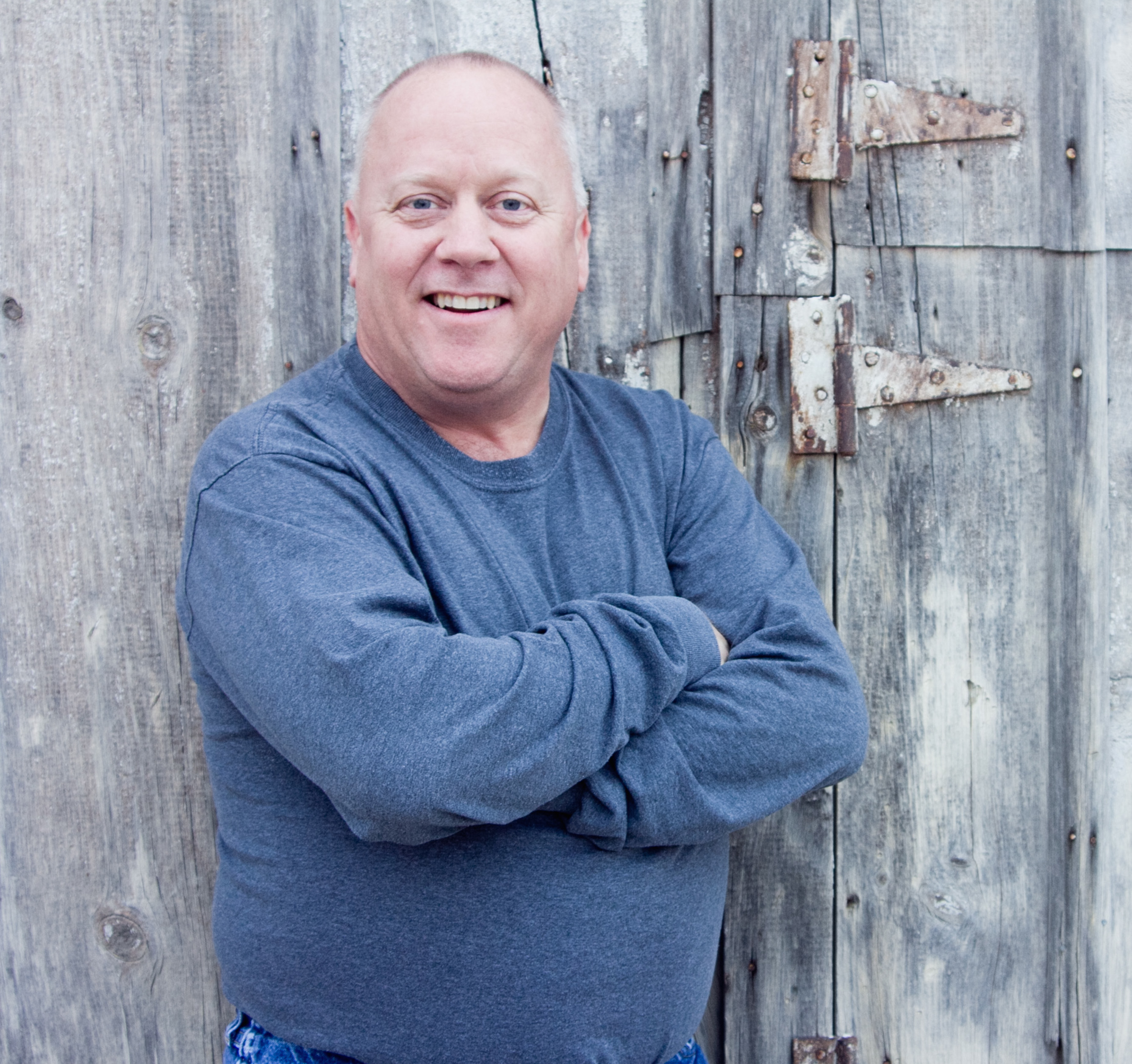
In the spring of 1976, the older brother of a classmate took Michael Carnes’ bike. Michael was 9 years old at the time, and needed the bike to get back home. At first, the older boy refused to return it, but eventually agreed to let Michael hop on so he could give him a ride home. The boy rode to a bridge behind the local swimming pool and sexually assaulted Michael.
The memory of the assault has impacted Michael’s life in a number of ways over the past 40 years. “I have great days and horrible days, and it’s something I’m sure I’ll deal with for the rest of my life,” he says. More difficult days brought darker thoughts of suicide. Michael says he came close to committing suicide at three points in his adult life.
During National Suicide Prevention Week (September 7-13), Michael opened up about his experience and the messages of hope that got him through. “The first thing you need to understand, and this can’t be overstated enough, is that you are not alone.” He understands how experiencing a sexual assault can feel lonely or isolating, but wants all survivors to know that others have also gone through this, and that opening up and confiding can help. “If suicide seems the only way out, find counseling or contact an organization, like RAINN, and talk to somebody about what you’re going through. Someone who understands will listen to what you’re feeling and what you’ve been through.”
Managing the effects of sexual assault can be difficult for anyone. For male survivors, there can be some unique challenges that are specific to their experiences. “I think the biggest challenge a male survivor has to deal with is the ‘tough guy’ mentality that we grow up with,” said Michael. He found support by talking to other male survivors, who also share concerns about inadequacy and frustration with themselves. “It’s something we all seem to have to address in our own minds, how we were unable, as males, to defend ourselves and having to overcome those feelings of inadequacy,” Michael said.
Michael has written extensively about his experience, both in newspaper columns and in a self-published book released in 2012 titled, “Call Me A Survivor.” He said that getting the word out and helping others is his main goal for the book, and to that end, he also gives talks and shares his story at area schools and community organizations. He’d like every survivor of sexual violence to know, “Even though you have suffered, you are still loved and treasured, and suicide is not a part of the plan.”
Read more about Michael on his website, and find more information for male survivors of sexual violence here and at 1in6.org.
The National Suicide Prevention Lifeline is available at (800) 273-TALK. Get help and info from RAINN about suicidal thoughts here.
If you or someone you know has been affected by sexual violence, it’s not your fault. You are not alone. Help is available 24/7 through the National Sexual Assault Hotline: 800-656-HOPE and online.rainn.org, y en español: rainn.org/es.